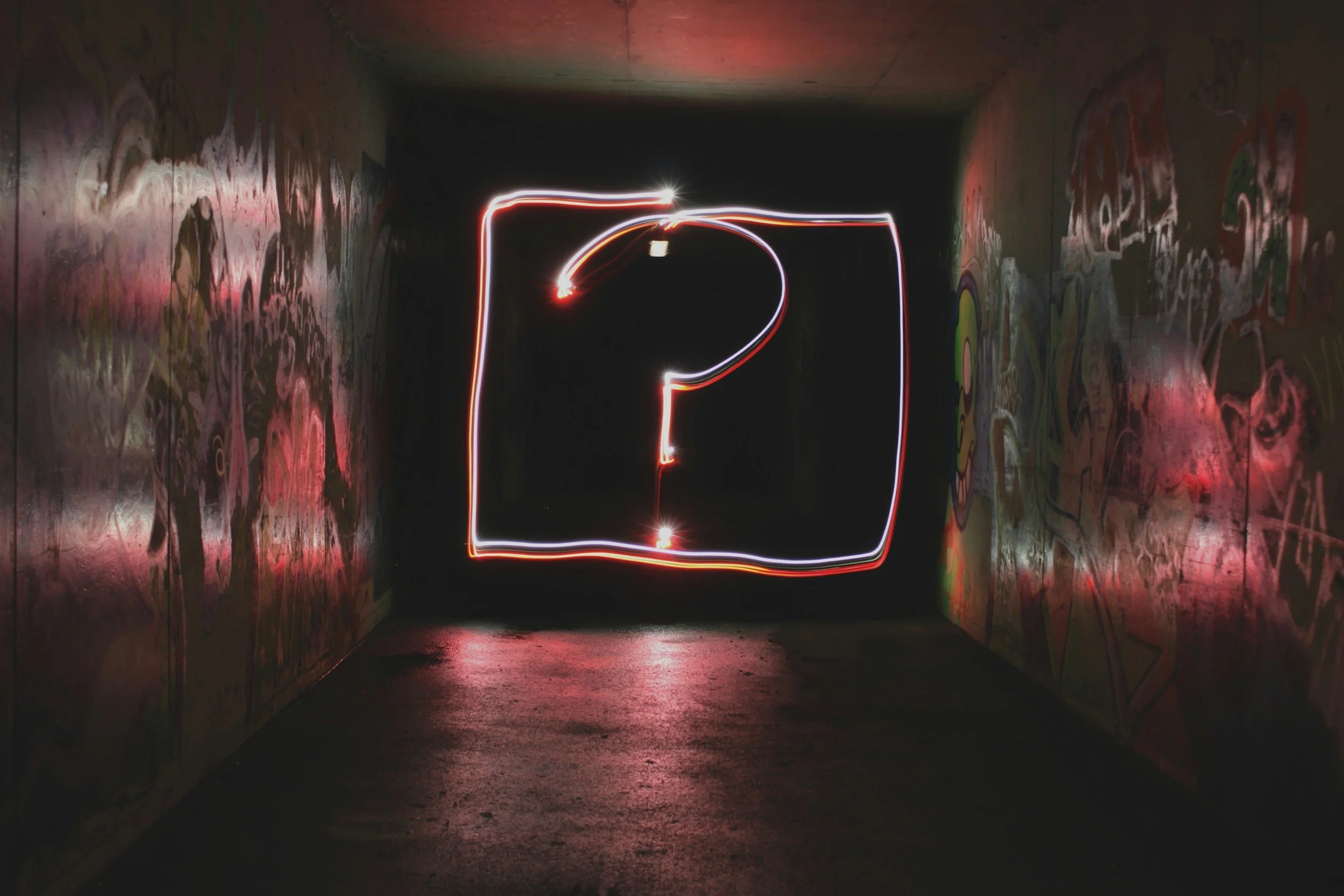Divergent Thinking: A Comprehensive Definition
Divergent Thinking A Psychological Definition
Divergent thinking is a fundamental cognitive process in psychology, defined by its capacity to generate multiple unique solutions or ideas from a single problem or stimulus. It stands as a cornerstone of creativity, reflecting an individual's ability to think flexibly, explore various perspectives, and produce original and innovative ideas (Hass, 2016). This type of thinking is crucial not only for creative endeavors but also for effective problem-solving and idea generation, making it an essential cognitive skill in various fields, from education to business and beyond.
The Cognitive Mechanics of Divergent Thinking
At its core, divergent thinking involves a departure from conventional or linear thought processes. Instead of following a singular path towards a solution, individuals engaging in divergent thinking explore multiple avenues, often arriving at unexpected and novel outcomes. This process is indicative of psychological flexibility, where individuals develop new cognitive, emotional, and behavioral strategies independently, leading to adaptive interpretations and coping mechanisms (Kuypers et al., 2016). The ability to think divergently is thus a dynamic cognitive function, allowing for the spontaneous and varied exploration of possibilities.
Psychological flexibility, as associated with divergent thinking, plays a significant role in how individuals interpret and respond to challenges. It is this flexibility that enables one to reframe problems, consider alternatives, and devise innovative solutions—qualities that are especially valuable in complex and uncertain situations. The cognitive processes underlying divergent thinking are not merely individualistic; they also emerge from social interactions and experiences. According to Glăveanu (2015), divergent thinking reflects the dialogical nature of social interactions, highlighting its role as a socially embedded cognitive process.
Divergent Thinking and Well-Being
The link between divergent thinking and psychological well-being is well-documented. Research has shown that psychological well-being can enhance an individual's capacity for divergent thinking, subsequently fostering pro-social behavior (Alfonso-Benlliure et al., 2021). This suggests that individuals who experience higher levels of well-being are better equipped to engage in creative thinking, which in turn may contribute to their overall happiness and satisfaction. The relationship between divergent thinking and well-being underscores the broader implications of this cognitive process, extending beyond creativity into areas such as mental health and social functioning.
Moreover, divergent thinking is associated with the personality trait of openness to experience. McCrae (1987) found that individuals who exhibit higher levels of divergent thinking are often more open to new experiences and ideas, a trait that further supports their creative capacities. This openness not only facilitates the generation of novel ideas but also encourages the exploration of uncharted territories in thought and action, making divergent thinking a vital component of creativity and innovation.
Assessing Divergent Thinking: The Alternate Uses Task
To measure divergent thinking, psychologists often employ tasks such as the Alternate Uses Task (AUT), a widely recognized method for assessing an individual's ability to generate a variety of solutions. The AUT typically involves asking participants to think of as many alternative uses as possible for a common object, such as a brick or a paperclip. This task is particularly effective in measuring the fluency and originality of divergent thinking, as it requires participants to move beyond conventional uses and explore more creative possibilities.
Research involving divergent thinking tasks has provided valuable insights into the cognitive and neural mechanisms underlying creativity. For instance, Palmiero et al. (2023) explored the role of divergent thinking in interpersonal trust during the COVID-19 pandemic, highlighting its relevance in social contexts. The ability to think divergently in such scenarios can enhance trust and cooperation, demonstrating the broader applicability of this cognitive skill beyond traditional creative domains.
Divergent Thinking in Practice
Understanding and fostering divergent thinking has practical implications across various fields. In education, for example, promoting divergent thinking can enhance students' problem-solving abilities and encourage creative expression. Similarly, in business, encouraging divergent thinking can lead to innovative solutions and competitive advantages. Fletcher and Benveniste (2022) suggest that narrative-based methods, as alternatives to traditional divergent thinking exercises, can also be effective in training creativity. By incorporating storytelling and scenario-based learning, individuals can develop their creative capacities in a more holistic manner.
Simply Put
The role of divergent thinking in creativity, problem-solving, and cognitive flexibility cannot be overstated. It allows individuals to think outside the box, consider multiple perspectives, and generate novel solutions to complex problems. By understanding the cognitive processes involved in divergent thinking, we can better appreciate its importance and potential for enhancing creativity and innovation in various fields.
References
Alfonso-Benlliure, V., Mayordomo, T., Sales, A., & Meléndez, J. (2021). Divergent thinking in older adults: understanding its role in well-being. Journal of Happiness Studies, 22(7), 3285-3298. https://doi.org/10.1007/s10902-021-00361-w
Dietrich, A. (2018). Types of creativity. Psychonomic Bulletin & Review, 26(1), 1-12. https://doi.org/10.3758/s13423-018-1517-7
Fletcher, A., & Benveniste, M. (2022). A new method for training creativity: narrative as an alternative to divergent thinking. Annals of the New York Academy of Sciences, 1512(1), 29-45. https://doi.org/10.1111/nyas.14763
Glăveanu, V. (2015). The status of the social in creativity studies and the pitfalls of dichotomic thinking. Creativity Theories – Research – Applications, 2(1), 102-119. https://doi.org/10.1515/ctra-2015-0016
Hass, R. (2016). Tracking the dynamics of divergent thinking via semantic distance: analytic methods and theoretical implications. Memory & Cognition, 45(2), 233-244. https://doi.org/10.3758/s13421-016-0659-y
Kuypers, K., Riba, J., Revenga, M., Barker, S., Theunissen, E., & Ramaekers, J. (2016). Ayahuasca enhances creative divergent thinking while decreasing conventional convergent thinking. Psychopharmacology, 233(18), 3395-3403. https://doi.org/10.1007/s00213-016-4377-8
McCrae, R. (1987). Creativity, divergent thinking, and openness to experience. Journal of Personality and Social Psychology, 52(6), 1258-1265. https://doi.org/10.1037/0022-3514.52.6.1258
Palmiero, M., Palumbo, R., Ceccato, I., Malva, P., Crosta, A., Fusi, G., … & Domenico, A. (2023). The role of divergent thinking in interpersonal trust during the covid-19 pandemic: creative aspects. Creativity Studies, 16(2), 465-478. https://doi.org/10.3846/cs.2023.15946
Wieth, M., & Francis, A. (2018). Conflicts and consistencies in creativity research and teaching. Teaching of Psychology, 45(4), 363-370. https://doi.org/10.1177/0098628318796924







